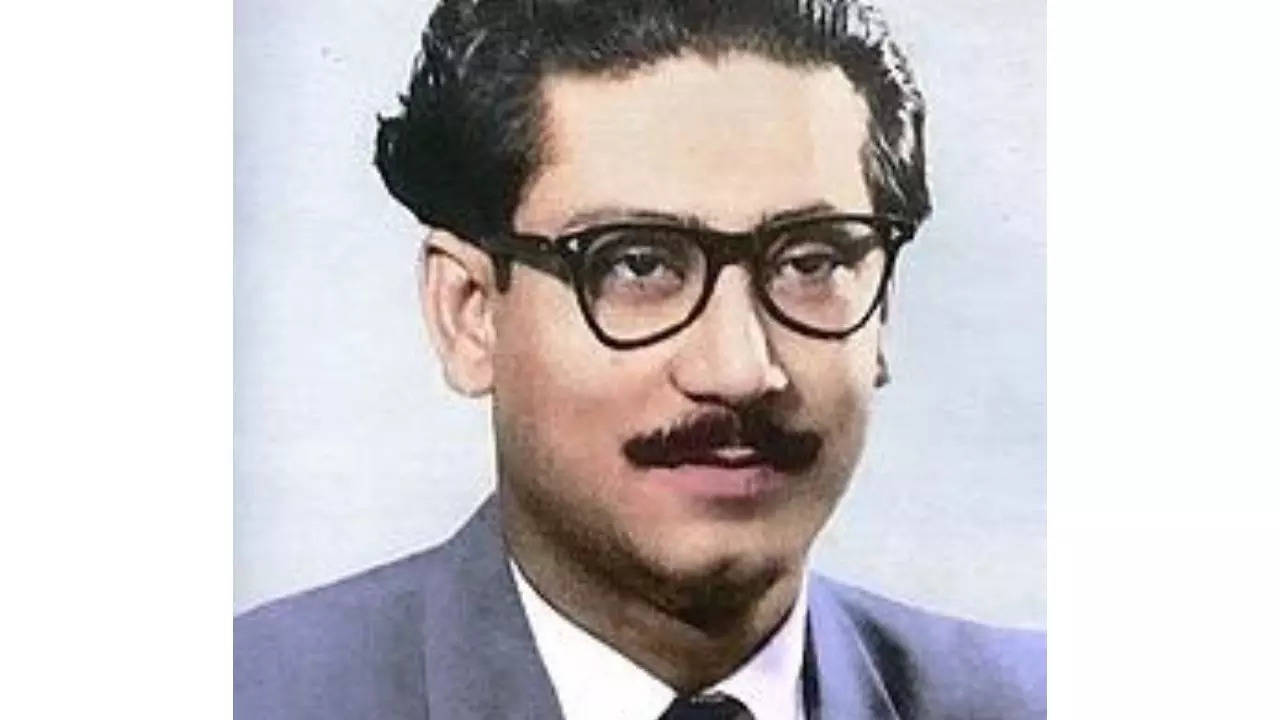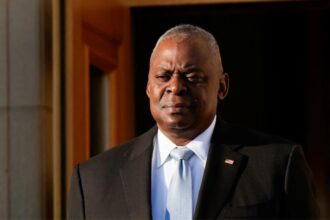In the midst of political unrest and demonstrations in Bangladesh, Sheikh Hasina stepped down from her position as Prime Minister and sought refuge in India.
This event echoes a similar situation that occurred nearly 48 years ago when she was forced into exile following the tragic assassination of her father, Sheikh Mujibur Rahman, along with her mother and three brothers on August 15, 1975.
Who was Sheikh Mujibur Rahman?
Sheikh Mujibur Rahman, affectionately known as ‘Bangabandhu’, was the first president of an independent Bangladesh. His life was cut short when a group of Bangladesh Army personnel staged a coup and stormed his residence at Dhanmondi 32. This event marked a significant turning point in Bangladesh’s history, as it was the first time the military directly intervened in the country’s civilian politics.
Throughout his political career, Sheikh Mujibur Rahman held the positions of either president or prime minister of Bangladesh from April 1971 until his untimely death. In the 1970 general election of undivided Pakistan, Sheikh Mujib’s Awami League party secured a landslide victory, winning nearly all the seats in what was then known as East Pakistan, which later became the independent nation of Bangladesh.
He became Bangladesh’s first prime minister before establishing a single-party system and became president in January 1975.
On August 15, less than a year into his presidency, Sheikh Mujibur Rahman was assassinated by a group of soldiers, along with his wife and three sons.
In the aftermath of the assassination, Khondaker Mostaq Ahmad, who was serving as the commerce minister at the time, seized power and declared himself the head of an interim government. He held this position from August 15, 1975, until November 6, 1975.
However, Ahmad’s rule was brief. On November 3, he was deposed in a coup orchestrated by Khaled Mosharraf, the army’s chief of staff. Mosharraf, in turn, fell victim to rival mutineers and was assassinated, AP reported.
Following a succession of additional coups and counter-coups, General Ziaur Rahman ultimately assumed power on November 7.
This event echoes a similar situation that occurred nearly 48 years ago when she was forced into exile following the tragic assassination of her father, Sheikh Mujibur Rahman, along with her mother and three brothers on August 15, 1975.
Who was Sheikh Mujibur Rahman?
Sheikh Mujibur Rahman, affectionately known as ‘Bangabandhu’, was the first president of an independent Bangladesh. His life was cut short when a group of Bangladesh Army personnel staged a coup and stormed his residence at Dhanmondi 32. This event marked a significant turning point in Bangladesh’s history, as it was the first time the military directly intervened in the country’s civilian politics.
Throughout his political career, Sheikh Mujibur Rahman held the positions of either president or prime minister of Bangladesh from April 1971 until his untimely death. In the 1970 general election of undivided Pakistan, Sheikh Mujib’s Awami League party secured a landslide victory, winning nearly all the seats in what was then known as East Pakistan, which later became the independent nation of Bangladesh.
He became Bangladesh’s first prime minister before establishing a single-party system and became president in January 1975.
On August 15, less than a year into his presidency, Sheikh Mujibur Rahman was assassinated by a group of soldiers, along with his wife and three sons.
In the aftermath of the assassination, Khondaker Mostaq Ahmad, who was serving as the commerce minister at the time, seized power and declared himself the head of an interim government. He held this position from August 15, 1975, until November 6, 1975.
However, Ahmad’s rule was brief. On November 3, he was deposed in a coup orchestrated by Khaled Mosharraf, the army’s chief of staff. Mosharraf, in turn, fell victim to rival mutineers and was assassinated, AP reported.
Following a succession of additional coups and counter-coups, General Ziaur Rahman ultimately assumed power on November 7.
Source : Times of India






